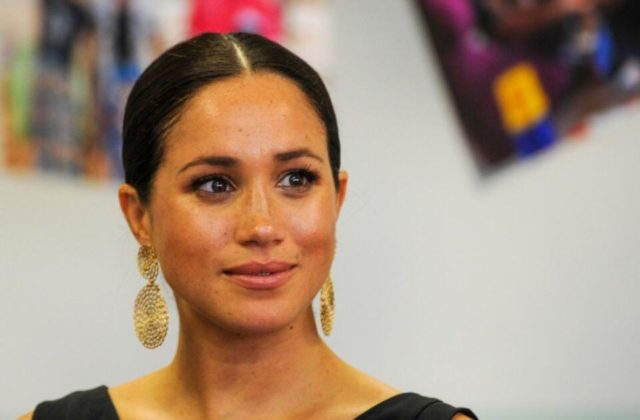The former actress – who has son Archie, 18 months, with husband Prince Harry – candidly recalled how she experienced a “sharp cramp” while changing her little boy’s nappy in July and knew straight away that she was “losing” her baby.
The Duchess of Sussex, Meghan Markle, has revealed she tragically miscarried her second child in July.
The former actress – who has son Archie, 18 months, with husband Prince Harry – candidly recalled how she experienced a “sharp cramp” while changing her little boy’s nappy in July and knew straight away that she was “losing” her baby.
She wrote in the New York Times newspaper: “After changing his diaper, I felt a sharp cramp. I dropped to the floor with him in my arms, humming a lullaby to keep us both calm, the cheerful tune a stark contrast to my sense that something was not right.
“I knew, as I clutched my firstborn child, that I was losing my second.”
Meghan, 39, was then taken to hospital and described how both she and her husband were in tears as they came to terms with their devastating loss.
She continued: “Hours later, I lay in a hospital bed, holding my husband’s hand.
“I felt the clamminess of his palm and kissed his knuckles, wet from both our tears. Staring at the cold white walls, my eyes glazed over.
“I tried to imagine how we’d heal.”
Meghan admitted her grief was “almost unbearable” and she has used her experience to call for people to be more open about their feelings, and to really listen to others when asking them how they feel.
She wrote: “Losing a child means carrying an almost unbearable grief, experienced by many but talked about by few. In the pain of our loss, my husband and I discovered that in a room of 100 women, 10 to 20 of them will have suffered from miscarriage.
“Yet despite the staggering commonality of this pain, the conversation remains taboo, riddled with (unwarranted) shame, and perpetuating a cycle of solitary mourning.
“Some have bravely shared their stories; they have opened the door, knowing that when one person speaks truth, it gives license for all of us to do the same.
“We have learned that when people ask how any of us are doing, and when they really listen to the answer, with an open heart and mind, the load of grief often becomes lighter — for all of us. In being invited to share our pain, together we take the first steps toward healing.”








